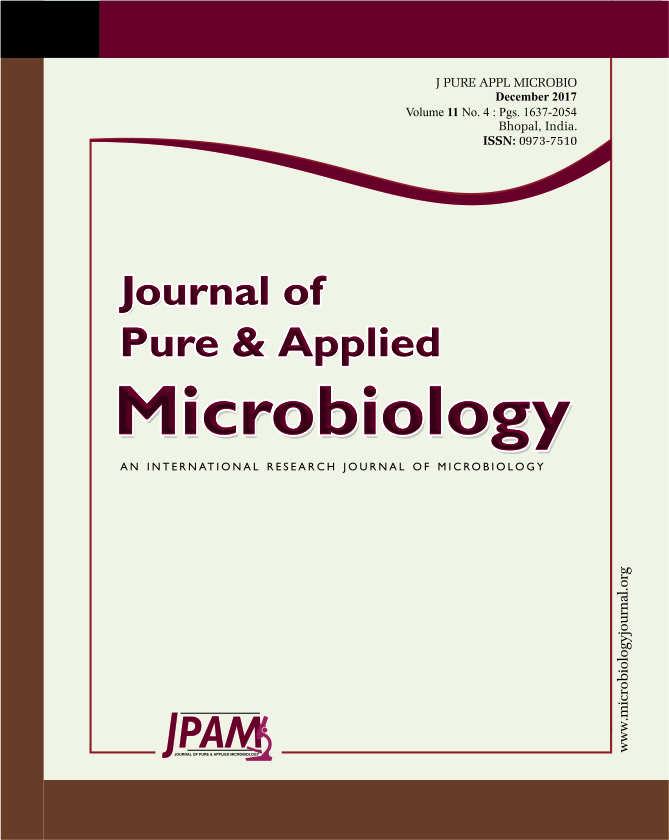Phosphorus is one of the very important minerals required for the proper plant growth. The availability of phosphorous to plants for uptake and utilization is impaired in alkaline and calcareous soil due to the formation of poorly soluble calcium phosphate minerals. Adding fertilizer phosphorous at normal rates and with conventional methods does not result in optimal yield and crop quality in these soils. The use of phosphate solubilizing bacteria can prove to be effective measure to provide phosphorous to the wheat plants to increase the productivity. In the present investigation, a total of 15 isolates were obtained from wheat rhizosphere soil samples. The isolates were subjected to primary and secondary screening and IKas4 and IH37 which showed highest phosphate solubilization during secondary screening were selected for subsequent studies. The condition for in vitro phosphate solubilization by the selected isolates was optimized. The isolate IH37 and the isolate IKas4 showed maximum phosphate solubilization of 0.070 µg and 0.99 µg P/ml respectively. The bacterial isolates were gram negative, non-spore forming rods. On the basis of the 16SrDNA sequencing isolates IKas4 and IH37 were identified as Enterobacter aerogenes and Enterobacter sp. respectively.
Enterobacter, Phosphate solubilizing bacteria, phosphate solubilization, wheat.
© The Author(s) 2017. Open Access. This article is distributed under the terms of the Creative Commons Attribution 4.0 International License which permits unrestricted use, sharing, distribution, and reproduction in any medium, provided you give appropriate credit to the original author(s) and the source, provide a link to the Creative Commons license, and indicate if changes were made.


